Personal Column: Proving Latinidad
Original image by Refinery29, Design by Sasha Cabral
A “Yo no sabo kid,” derived from the incorrect conjugation of saber, is a negative slang term referring to a Latino who does not speak Spanish.
It was Saturday morning. It was every summer Saturday morning. It’s always muggy and scorching hot, but just not as hot as it will be later on in the day. Our shirts stick to our bodies from the sheer weight of the water vapor in the Houston air. My dad, little sister, and I wake up, get ready, and head to the La Michoacana off of Everett Street to buy the usual: tres libras de fajita marinada, charcoal, and a couple of Mexican cokes. The Mexican cokes were always my favorite. The ones in glass bottles that used sugar cane, so they always tasted more real than the American ones. The bottle was tall and slender, but still had an hourglass shape, reminding me of the statuesque figures of models. The bottles clanked against each other in my hand at about 11 AM, and I was walking the narrow aisles of the quaint Hispanic market to the beat of whatever latin song was playing as background music. We get in line to buy the groceries, and since it’s still early in the morning, the line hasn’t snaked into a nearby aisle yet. The cashier greets the customer in front of us.
“Buenos días, Señor. ¿Cómo está? ¿Tarjeta? Que tenga un buen día.”
That was the extent of the interaction. It was simple. It was rehearsed. To anyone else, it didn’t mean anything, but it meant something to me.
It was our turn.
“Good morning, sir. How are you? Cash or card? Card, okay. Have a great day.”
This is how the cashiers’ interactions with us always went, until they heard me or my dad speak Spanish in some way, whether that be ordering the fajita in Spanish at the meat counter or answering the phone when my abuelito called. Then they changed to Spanish, and they seemed more comfortable with us. As if a thin veil of awkwardness had been removed from in front of us. I didn’t blame them. We were lighter skinned. As a result of gentrification, young, wealthy white couples were moving into cookie-cutter townhomes that had been steadily popping up around the neighborhood. Despite this, the assumed-English interaction still inherently bothered me, and it probably always will.
As a young child in elementary school, I never felt “Mexican” enough. When other kids would ask me where I was from. I would tell the truth. I am Mexican, but this was usually met with something along the lines of, “No, you’re not! You don’t look it!” I don’t blame the kids either. We all lacked filters and social etiquette. Admittedly, I am fair. My hair is a light brown that sometimes has blonde-ish highlights in the sun. But history could easily explain this- and it placed the responsibility on the Spanish colonization of Mexico.
Nevertheless, on that Saturday, I was happy that I could actually respond and have conversations in Spanish, and it was funny to shock people. Sometimes they cocked their heads like little dogs when they hear a weird noise. It surprised them, understandably so. The more I interacted with the person, they would inevitably ask where my family was from, and my answer had been said so many times; it was almost like a reflexive response. My mother is from Michoacan, while my grandpa on my dad’s side was born in Zacatecas, but grew up in Piedras Negras (which translates directly to “black stones.” ) But I hadn’t always been able to say this. I didn’t grow up speaking Spanish. Although both my parents spoke it, they never taught me more than a few sight words, and I’m not completely sure why. I credit my being bilingual to my alma mater: Alexander Hamilton Middle School.
I moved to this school in 7th grade, and continued on the studious trajectory I’ve always had. I wanted to start racking up high school credits as early as possible. At the beginning of the school year, my dad, tia, and I sat in Mr. Pigeon’s office. (Yes, I know.) The room was not dark, but not bright. The walls were cream colored, and it felt damp, largely in part because the school was not 16 going on 17, but 99 going on 100 years old. The conflict we were discussing with Mr. Pigeon, the assistant principal, was how to fit me into the Spanish I class, since it was already full. According to Mr. Pigeon, they could make room for me if I joined their bilingual program, in which the math and science classes were taught in Spanish, some assignments were done in Spanish, but tests were always in English.
I think the administrators took the approach of “she may drown but she may learn how to swim,” because they were fully aware of me lacking in the bilingual-ness needed to take these bilingual classes. We finalized my new schedule and I was dropped off by Mr. Pigeon into the middle of the science class, taught by Dr. Jimenez. I admire him very much, because he is one of the few teachers I saw who had a genuine passion for not only teaching, but the subject he taught. It was infectious. As I was dropped off, Mr. Pigeon pulled him aside and seemingly explained the situation. I could tell because Dr. Jimenez looked at me and had a confused expression on his face, which was warranted. Why would a girl who was not bilingual take a bilingual class?
It does not make sense I know, but it was a challenge, and challenges are fun. I did not think this at the time though. Instead I was scared and I cried. I didn’t understand anything. I’d always performed well academically, and I was usually able to overcome any obstacles fairly quickly. But I knew this time, this would be a very slow and a very arduous process. I picked out a few words here and there, but that was it. This wasn’t even a lecture, it was the introduction of the class. But after I cried, I got angry. I must acknowledge that I stayed in the class, because I did not want to be defeated. I’m not a person for limits, and still struggle with “things I can’t do” today. So I work until I find out how to do them.
This event seemed to be the catalyst for that attitude. I wanted to learn how to swim. Even more, I wanted to learn how to become a fish. To swim to win. To win that gold metal and bite it standing triumphantly on the podium, and I didn’t just want to bite the metal. I wanted to crack my teeth on it. I was very adamant to be the Michael Phelps of Spanish.
And I did.
In spite of me not being as well-versed in Spanish as they were, I ended up outperforming my peers academically in the classes, especially because I was learning it as I learned the material. I was immersed in it everyday, not only in math and science classes, but in the regular Spanish I class I had as well. Our math class was easier than our Spanish class, because Ms. Aguilera knew that math was inherently a difficult subject. Even if kids grew up speaking Spanish, it was conversational and not at the level of formality needed for a math class. She incorporated Spanish when she could, mostly with vocabulary, but that was the extent of it.
On the opposite side of the spectrum, Dr. Jimenez had Spanish everywhere. Most of the lectures were in Spanish. The questions he asked, our responses, and our answers on worksheets, albeit the worksheets themselves were in English, were all in Spanish, much to the entire classes’ dismay. In all actuality, there was nothing wrong with this. It was the program’s intention: to expand our Spanish to a more formal level.
The most difficult part of this science class was the presentations, which, you guessed it, had to be in Spanish. A night I vividly remember was studying for a presentation on Alzheimer’s Disease. I had the entire presentation scribbled on notebook paper in English, went through and translated it into Spanish, and memorized this presentation while pacing around the room at 11:45pm. I had to be conscious of what I was saying enough to not lose track of the “English version” that I understood more in depth and be prepared for questions about overcoming obstacles in my project. I still understood what I was saying in Spanish, and I think these presentations helped me overcome the awkwardness of learning a new language, due to being under the scrutiny of my peers. I still stumbled. I still forgot the Spanish word for one medical term. We all did. It was out of our comfort zones, and people trip up on presentations in English anyways.
As the saying goes, the struggle is indeed worth the glory. In middle school I was more focused on the academic achievement of learning Spanish, but now I think my biggest accomplishment from taking that class was being able to connect with my culture, talk to my people, scream the Latin songs my tia plays in the car along with her, and most importantly, talk to my abuelito. Our relationship improved. I can now enjoy the lazy Saturday afternoons when we go to his house. Him and my dad barbecue. I sit outside and tell my abuelito all about the past week’s happenings, from academics to the stereotypical high school he-said she-said drama.
It’s liberating to speak Spanish so freely, even though I make frequent mistakes. My level of fluency is very basic, and sometimes, when I am very comfortable, it is riddled with slang words unique to Mexicans, so some of it gets lost in translation to my friends from other Latin Spanish-speaking countries.
This past summer, my tia, little sister, and I went to a Mexican restaurant. The owner, a sociable man around his mid-to-late 60’s , knew my tia spoke Spanish, but was surprised when me and my little sister ordered and conversed with him in Spanish. He explained to us that he notices the language usually dies out after the 2nd or 3rd generation of families from Mexico (or any Spanish-speaking Latin American country) have been in America.
As the language fades away, so do the sayings and slang words that English just can’t seem to describe. So does the Hispanic youth’s understanding of the tales and lessons from our elders. It is essential to preserve our languages, because they are called mother tongues for a reason. We preserve them to, ultimately, preserve ourselves.
Your donation will support the student journalists of Carnegie Vanguard High School. Your contribution will allow us to cover our annual website hosting costs and fund field trips, competition fees, and equipment. We appreciate your support!
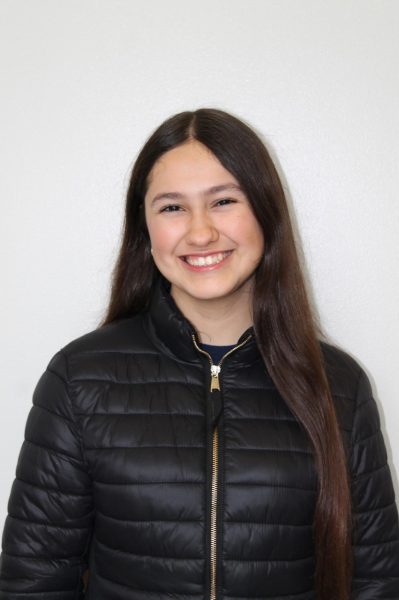
Sasha Cabral is a senior at CVHS. A musician and an artist, she imbues everything she does with creativity. She loves rock music, the colors red, black...

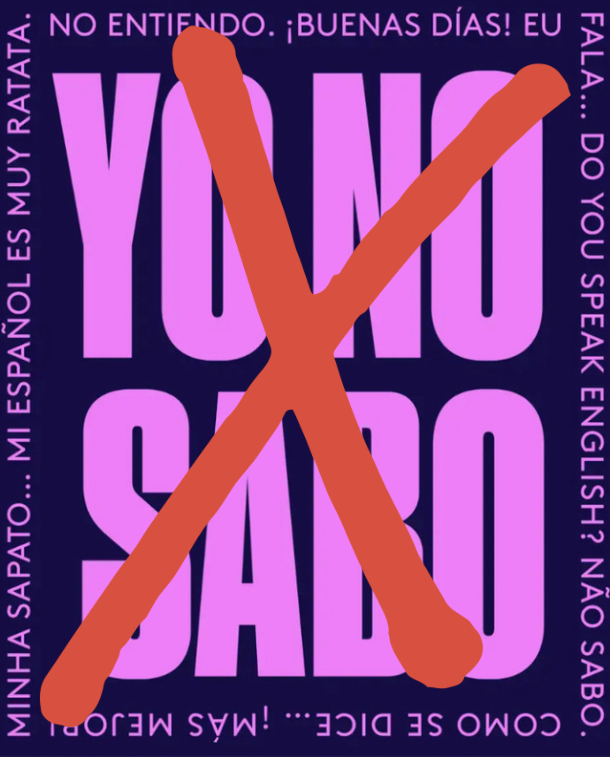
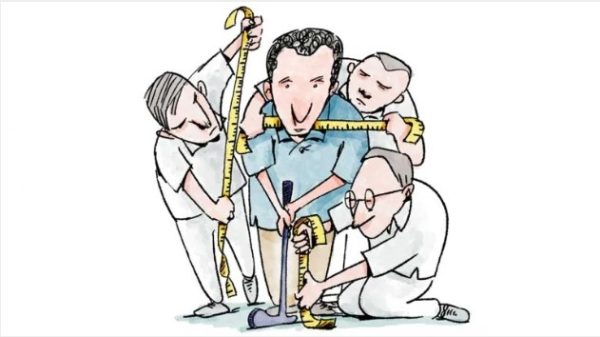


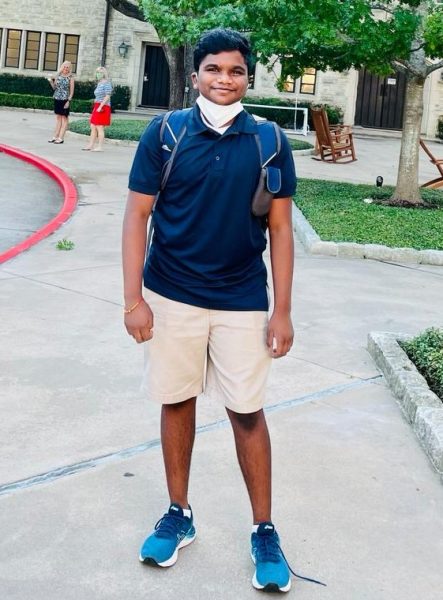

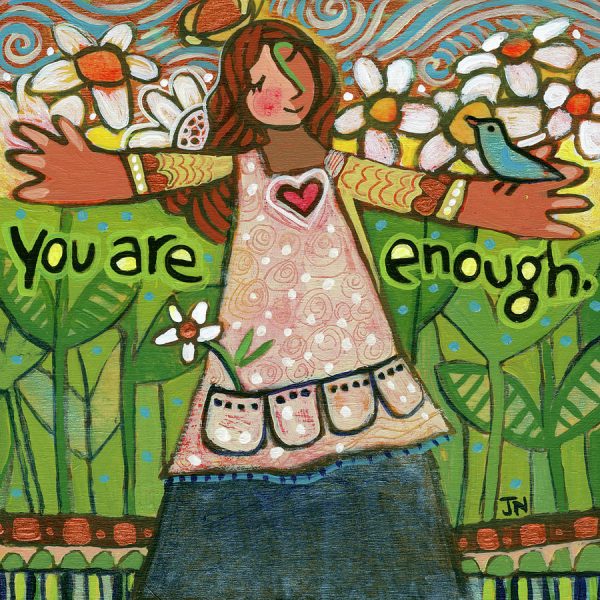


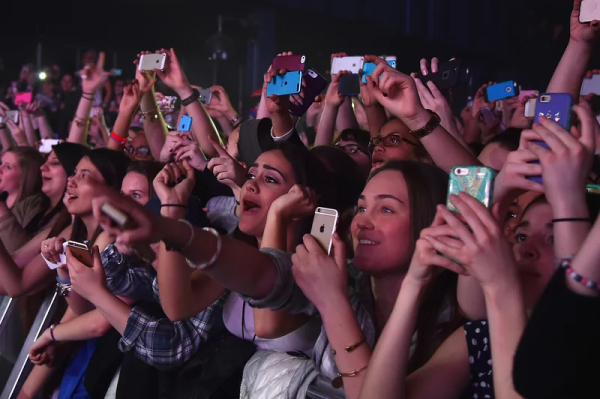

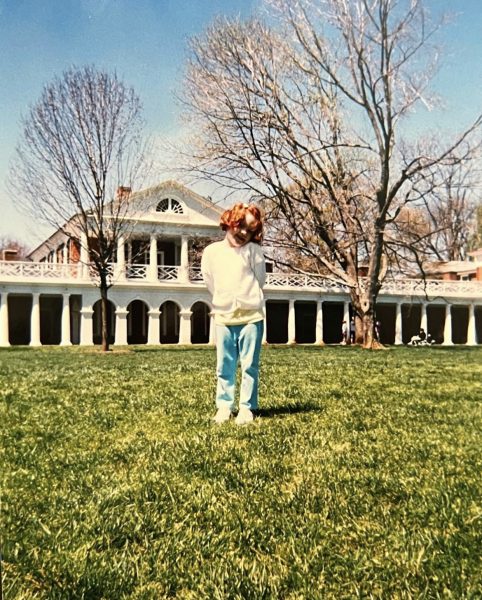

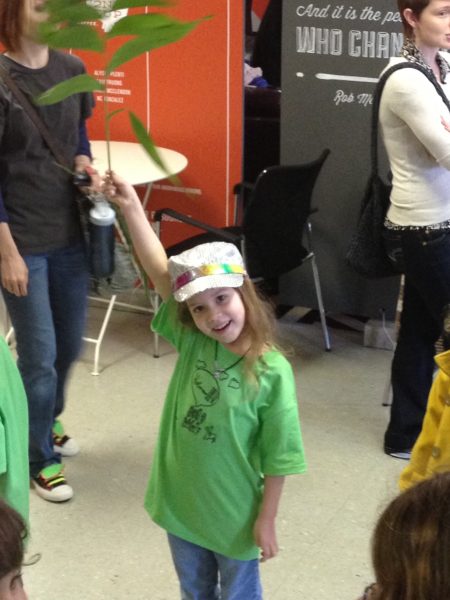
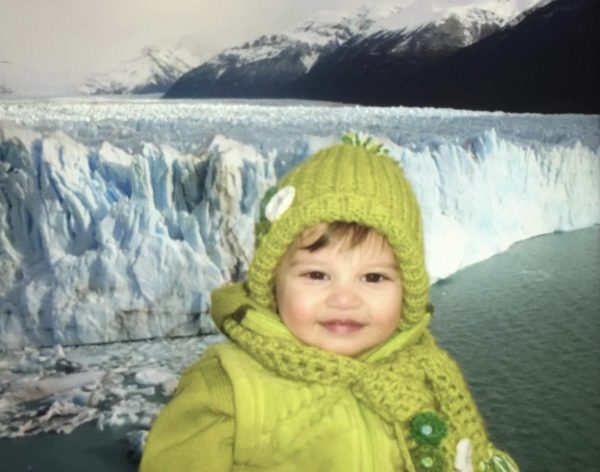
jay • Dec 13, 2022 at 8:18 pm
this was a really cool story to read.